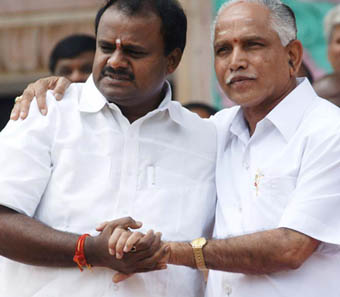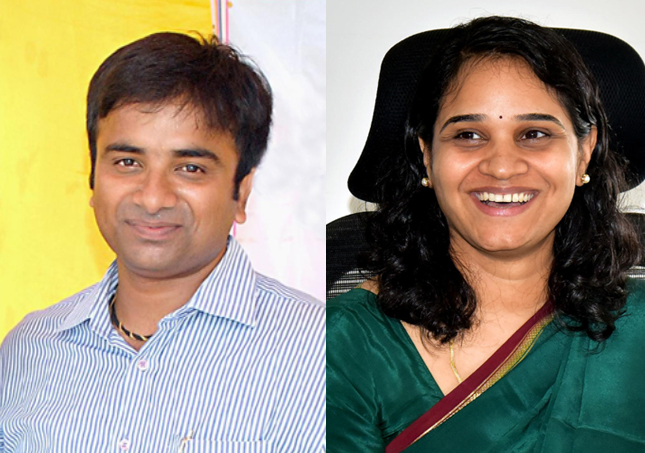Mangaluru, May 4: As the coronavirus lockdown norms have been relaxed in the coastal district of Dakshina Kannada, people will be able venture out for essential activities from 7 a.m to 7 p.m.
The lockdown was imposed in the coastal district on March 22 midnight to prevent the spread of Covid-19. Initially it did not apply to essential services such as sale of food, groceries, milk, vegetables, fruits, and meat and fish. Gradually the administration had to intensify the lockdown and allow those shops to remain open between 7 a.m. and 12 noon. However, today (May 4) onwards there will be relaxation of lockdown between 7 am to 7 pm.
Precautionary measures like maintaining social distancing has been urged and use of face masks has been made mandatory.
Permitted activities
• Permission for plying of auto-rickshaws, cabs, private vehicles and bikes has been given. However only three occupants, including the driver will be allowed and no pillion rule is applicable for two-wheelers.
• OPDs, medical clinics are permitted to operate.
• Standalone shops, shops located in neighbourhood colony, residential complex will be allowed to operate.
• Private organisations can function with 33% staff capacity while allowing work from home for rest of staff.
• E-commerce activities only for essential goods permitted.
• In site construction activities in urban areas, rural areas including MNREGA works.
• Permission is only available to open the shop in the market and in the market complex.
Prohibited activities:
• Movement of individuals is not permitted for all non-essential activities.
• Travel by air, rail and inter-State movement by road.
• Functioning of schools, colleges, and other educational and training/ coaching institutions.
• Hospitality services, including hotels and restaurants.
• Cinema halls, malls, gymnasiums, sports complexes, bars, clubs, swimming pool, entertainment parks, assembly halls, etc; barber shops, spas and salons, textile and apparel(clothes) shops.
• Social, political, cultural, academic, entertainment, religious and other kinds of gatherings; and, religious places/ places of worship for public.
• Shops in urban and rural areas, for non-essential goods not allowed in malls, markets and Market Complexes.
• All types of traffic movements will be prohibited after evening (7 pm to 7 am)
 Speaking to reporters in Bengaluru on Tuesday, Kumaraswamy said that the Congress was trying to harm the prospects of the BJP in the Rajya Sabha and Legislative Council polls.
Speaking to reporters in Bengaluru on Tuesday, Kumaraswamy said that the Congress was trying to harm the prospects of the BJP in the Rajya Sabha and Legislative Council polls.




Comments
These so called politicians are well known for their corruption. They will support any party for chair. They're fooling public and earnings out of voters blood.. Shame on them..
Hope my dear SDPI brothers will learn a lesson from his Comments and will think Twice before joining hands with Janatha Dal like sdpi did in Mangalore earlier
Nothing new in this!! every one you are opportunist politician, you have only one agenda that s power hungry!! for that you are ready to do anyting
Sometimes with congress....sometimes BJP....sometimes with communist.....reckless people....no ethics and morale at all....
Please stop fooling innocent voters....Mr. Siddaramayya is doing a good job around there....
Add new comment